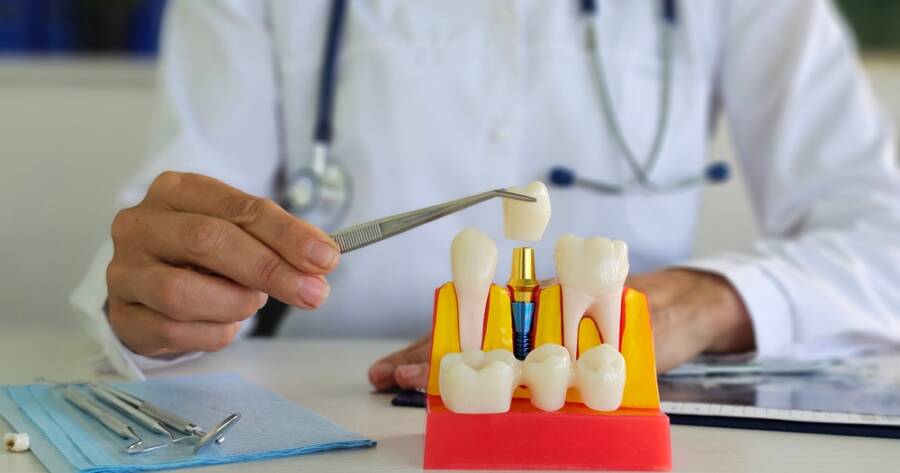Dental implants, while an advanced procedure, need not be financially overwhelming. Numerous cost-saving strategies are available, including participation in clinical trials and flexible financing plans. Exploring options like mini implants or All-on-4 techniques offers cost-effective solutions. Understanding affordable paths can empower individuals to enhance their dental health without financial strain.
Exploring Cost-Saving Options for Dental Implants
Dental implants can be a significant investment, but several avenues exist to make this advanced dental procedure more affordable. From participating in clinical trials to exploring financing options and alternative implant solutions, patients have various strategies to reduce costs without compromising on care.
Clinical Trials for Dental Implants
Clinical trials offer a valuable opportunity for patients to access cutting-edge dental implant procedures, often at minimal or no cost. These trials frequently cover experimental treatments involving innovative materials and techniques—such as antiseptic protocols, ceramic implants, advanced X-ray technology, and implant decontamination methods. They are typically led by experienced practitioners and are designed to meet strict FDA safety and ethical standards.
Platforms like Power help individuals find these FDA-reviewed trials, making it easier to identify studies that align with their needs. Clinical trials often focus on patient-specific conditions, such as those related to tooth loss or underlying medical factors, enhancing their relevance for eligible participants.
In addition to clinical trials, several societal programs provide no-fee or reduced-cost dental care. Organizations like Donated Dental Services and Give Back a Smile serve targeted populations, including veterans, the elderly, and survivors of domestic violence. These programs have specific eligibility requirements and are often facilitated through local and state dental societies, which may also offer access to funding, grants, and further trial opportunities.
Financing Options for Dental Implants
For those not participating in clinical trials, financing remains a critical strategy to manage dental implant costs. Providers such as ClearChoice offer a variety of third-party financing plans that allow patients to proceed with treatment without the pressure of upfront payments. These plans include interest-free promotional periods and customized payment schedules based on credit history and financial capacity. Although ClearChoice may not accept insurance directly, they supply detailed invoices to assist patients with potential insurance reimbursements.
Aspen Dental also emphasizes affordability through comprehensive financing options, boasting a 99% approval rate. Their plans are designed to broaden accessibility, and they enhance value with features like an implant warranty for long-term confidence.
Cost-Effective Implant Solutions
Alternative implant approaches can also lead to significant savings. Mini dental implants offer a less invasive procedure with faster healing times and lower overall costs. The All-on-4 technique, which uses just four implants to support a full arch of teeth, reduces surgical time and expense. Snap-in dentures present another economical solution, offering stability and the convenience of easy removal for cleaning.
Aspen Dental further distinguishes itself by offering implant dentures at prices notably lower than traditional full-arch options, making it a compelling choice for those seeking budget-friendly yet durable solutions.
Why You Should Learn More About Dental Implants Today
Understanding the diverse cost-saving strategies for dental implants is essential for anyone considering this procedure. With innovative options such as clinical trials, comprehensive financing plans, and alternative implant methods, there are numerous pathways to achieving dental health without compromising financial stability.
In an era where dental health significantly impacts both aesthetics and function, staying informed about affordable options can lead to better decision-making and improved outcomes. Exploring these solutions not only prepares individuals for informed engagement with dental professionals but also positions them to take full advantage of advancements in dental care.

